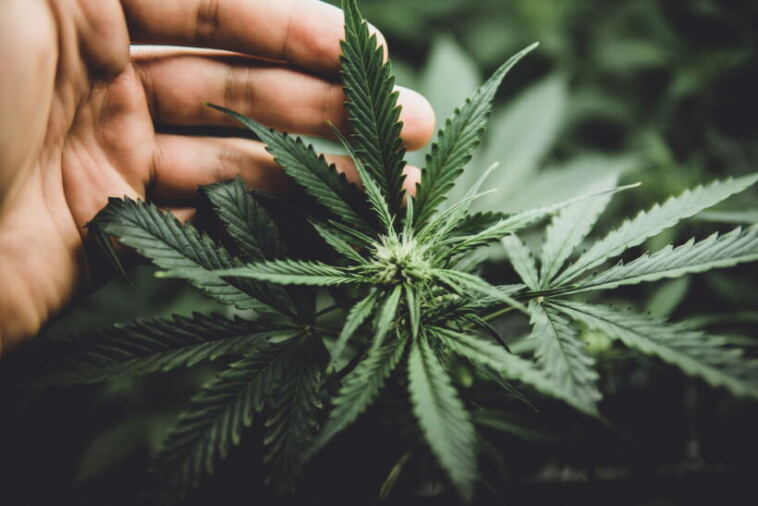- Like
- SHARE
- Digg
- Del
- Tumblr
- VKontakte
- Flattr
- Buffer
- Love This
- Save
- Odnoklassniki
- Meneame
- Blogger
- Amazon
- Yahoo Mail
- Gmail
- AOL
- Newsvine
- HackerNews
- Evernote
- MySpace
- Mail.ru
- Viadeo
- Line
- Comments
- Yummly
- SMS
- Viber
- Telegram
- JOIN
- Skype
- Facebook Messenger
- Kakao
- LiveJournal
- Yammer
- Edgar
- Fintel
- Mix
- Instapaper
- Copy Link
Language is not static!
It is constantly changing and evolving. One of the means through which such evolution occurs is the softening of the language in relation to a controversial topic. Softer language tones down the harshness of reality. It works so well that the pro-marijuana movement has embraced it. You might even say that softer language has helped propel the movement.
As more states have adopted medical cannabis and advocates are pushing for nationwide decriminalization, the words and terms adopted by the pro-marijuana movement have changed. No one should be surprised by it. The same thing occurs with every movement involving something people disagree over.
When Marijuana Became Cannabis
One of the first attempts to soften pro-marijuana language was making the word ‘cannabis’ mainstream. By the way, the attempt was quite successful. When state leaders talk about medical cannabis for example, they are talking about marijuana consumed as a medicine. So why not just refer to marijuana?
The word ‘marijuana’ has negative connotations attached to it. Sympathetic lawmakers and marijuana activists looking to get medical cannabis ballot propositions passed want to avoid such connotations. So instead of talking about marijuana, they talk about cannabis. Yet the change in terms doesn’t change reality.
Utah’s S.B. 137 Medical Cannabis Amendments, a bill that made it through during the 2023 legislative session, is careful to define terms so that there’s no ambiguity. Section 26-61 a-102, line 183 explicitly states that “Cannabis means marijuana.”
Hemp Is Cannabis, Too
Utah lawmakers define the word ‘cannabis’ as meaning ‘marijuana’ for the purposes of making sure the law is clear. That is not necessarily wrong in as much as marijuana is a type of cannabis. But so is hemp. Furthermore, hemp is federally legal while marijuana is not.
To avoid confusion, lawmakers and pro-marijuana advocates talk about hemp and cannabis as though they are two separate things. They are not. From a biological standpoint, they are one and the same.
Still, the word ‘marijuana’ has been replaced by the less accurate ‘cannabis‘ in order to soften the language and avoid the negative connotations marijuana brings to the table. To someone who appreciates the exactness of language, it’s not right. But softening the language is a fact of life.
In Utah, pharmacies like Beehive Farmacy near Ogden, UT don’t sell marijuana despite the fact that state law says they do. Instead, they sell medical cannabis. It sounds nicer and takes the edge off.
Recreational Use Is Now Adult Use
Another example of softening the language is referring to recreational use as adult use. What’s the difference? Semantics. Here’s the thing: A 25-year-old medical marijuana patient is just as much an adult as his 24-year-old friend who uses marijuana recreationally. So the term ‘adult use’ is really just a mirage.
‘Adult use’ is more palatable than ‘recreational use’ to pro-marijuana advocates. Why? Because the culture inherently knows that the recreational use of any psychotropic substance is sketchy.
You Want to Get High
If you are using marijuana recreationally, you’re doing so because you want to get high. The culture wants that to be okay. But imagine someone saying he is going down to the corner bar because he wants to get drunk. His desire to get drunk is no different than his neighbor’s desire to get high. But drinking just to get drunk is perceived negatively in our culture.
The Takeaway
Pro-marijuana advocates continue to change the terms. The point here is not to say whether it’s right or wrong. It is what it is. And because pro-marijuana advocates have softened the language, they have been able to reach more people with their message.


